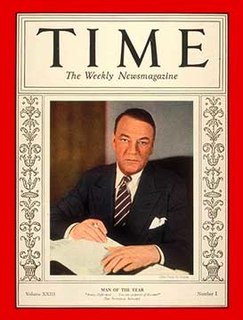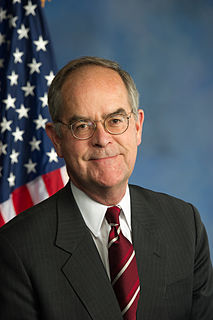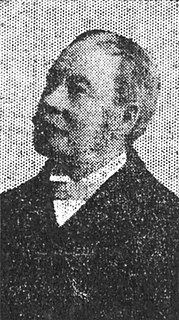A Quote by Milton Friedman
No major institution in the US has so poor a record of performance over so long a period as the Federal Reserve, yet so high a public reputation.
Quote Topics
Related Quotes
Transparency concerning the Federal Reserve's conduct of monetary policy is desirable because better public understanding enhances the effectiveness of policy. More important, however, is that transparent communications reflect the Federal Reserve's commitment to accountability within our democratic system of government.
If the Federal Reserve pursues a policy which Congress or the President believes not to be in the public interest, there is nothing Congress can do to reverse the policy. Nor is there anything the people can do. Such bastions of unaccountable power are undemocratic. The Federal Reserve System must be reformed, so that it is answerable to the elected representatives of the people.
First reason is, it's not authorized in the Constitution, it's an illegal institution. The second reason, it's an immoral institution, because we have delivered to a secretive body the privilege of creating money out of thin air; if you or I did it, we'd be called counterfeiters, so why have we legalized counterfeiting? But the economic reasons are overwhelming: the Federal Reserve is the creature that destroys value.
Reputation is seeming; character is being. Reputation is manufactured; character is grown. Reputation is your photograph; There is a vast difference between character and reputation. Reputation is what men think we are; character is what God knows us to be. Reputation is seeming; character is being. Reputation is the breath of men; character is the inbreathing of the eternal God. One may for a time have a good reputation and a bad character, or the reverse ; but not for long.

































